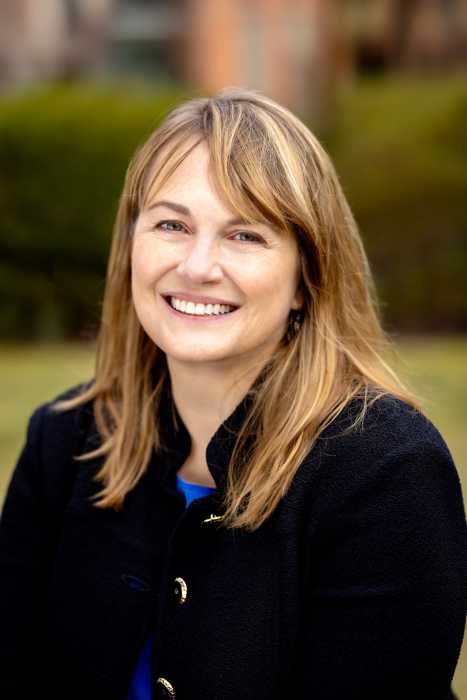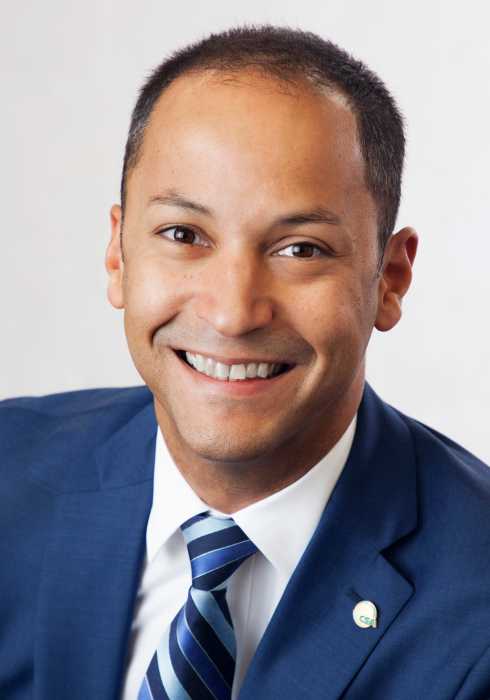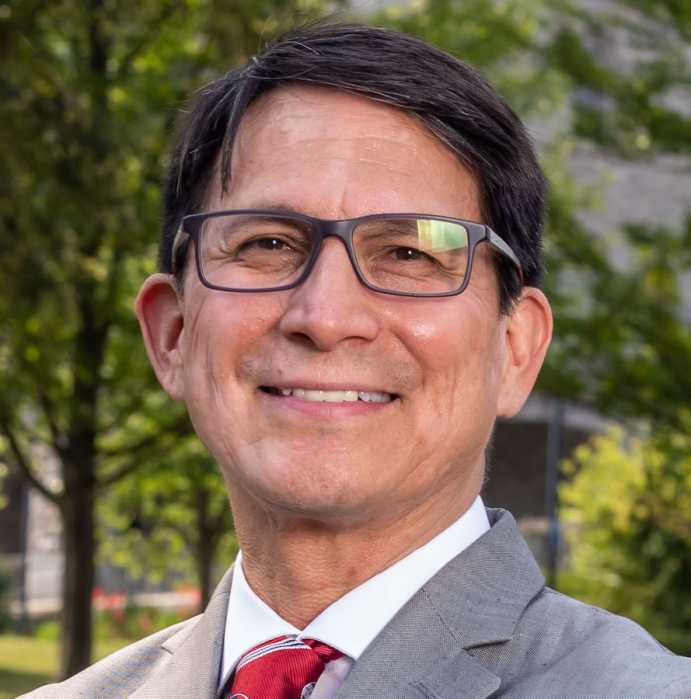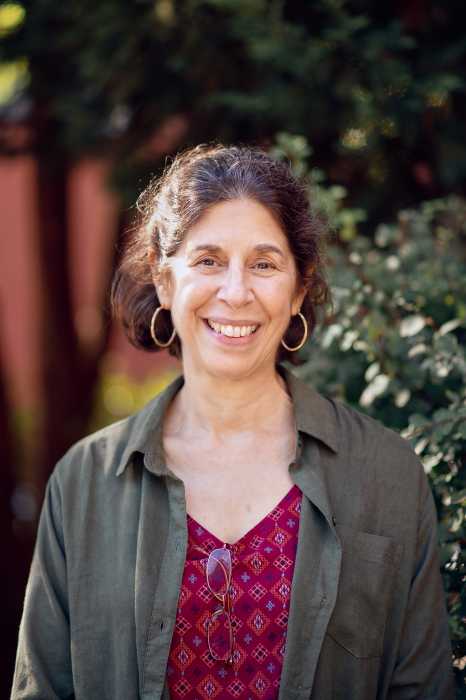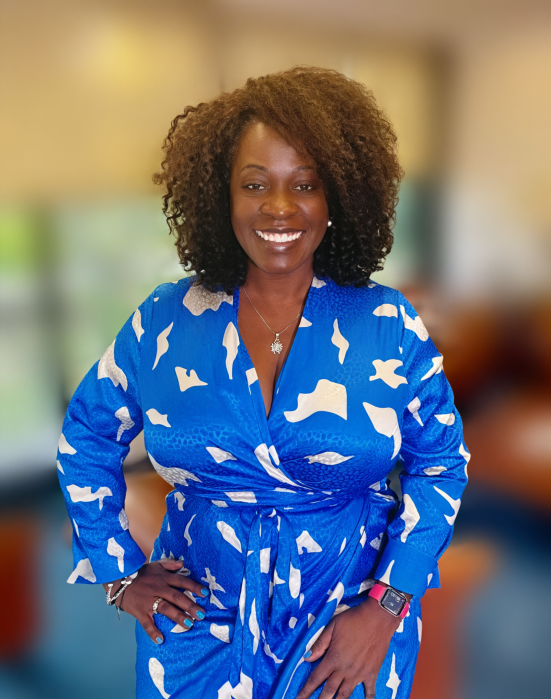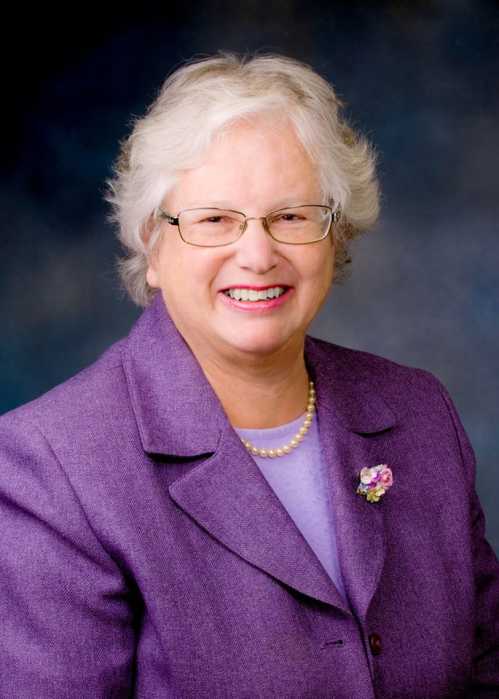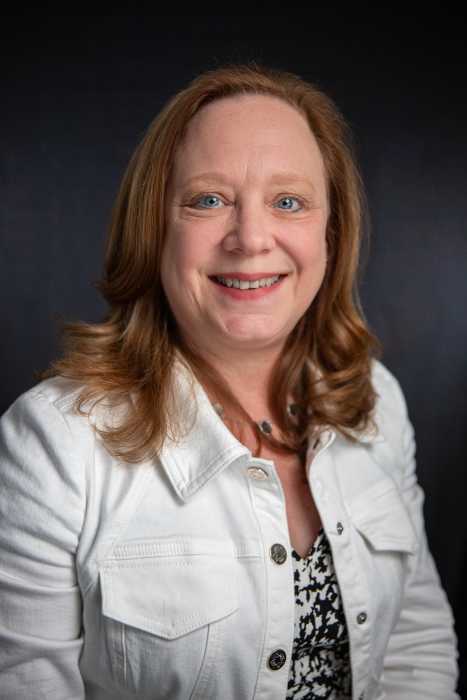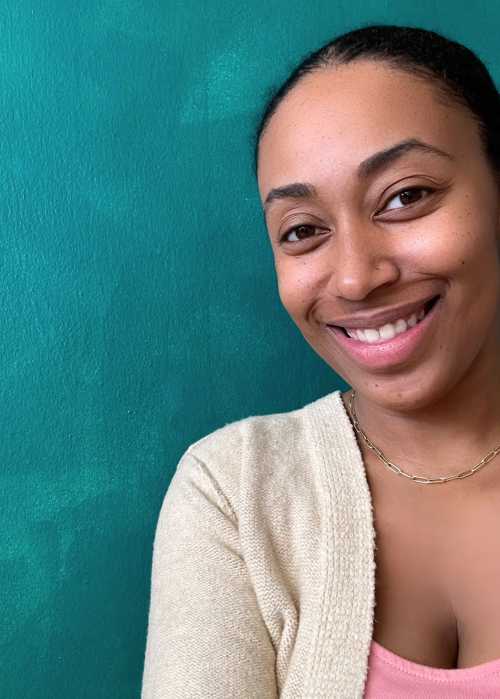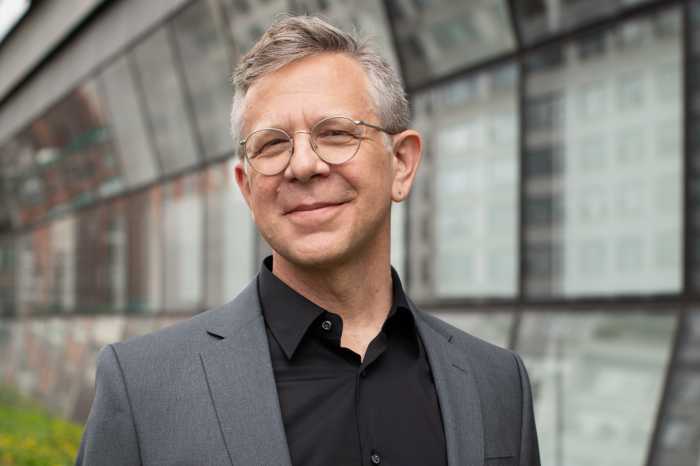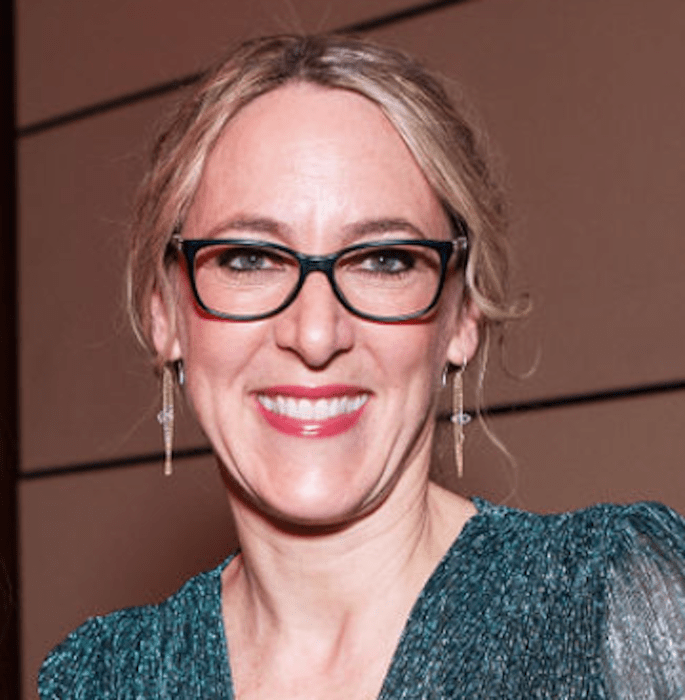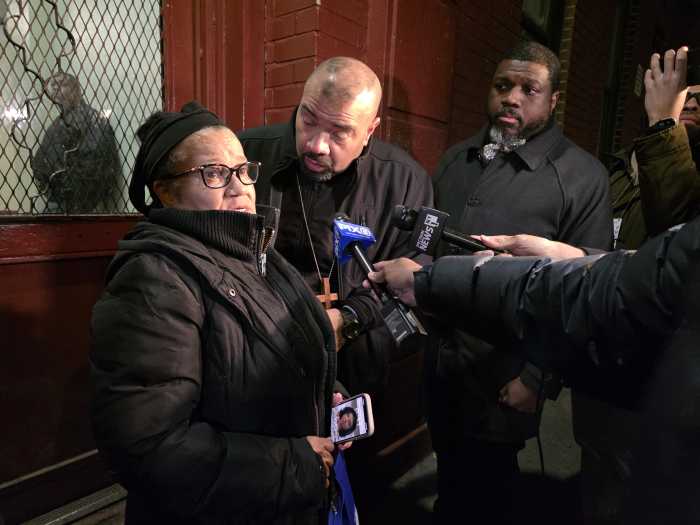Laura Rosenbury, the 9th president of Barnard College at Columbia University, is a leading feminist legal theorist. Before joining Barnard on June 12, 2023, she spent eight years raising the national and international profile of Florida’s flagship law school (UF Law) as its first woman dean. She earned her undergraduate degree and her law degree at Harvard, where she served as a primary editor of the Harvard Law Review.
How can policymakers support New York’s students and educators?
Policymakers can make a huge difference in improving access to college, working across the aisle to maximize financial aid and other resources. College is where students test out ideas, expand their minds, and learn to see the world in different ways. Leveling the playing field gives all young people the opportunity to enter exciting careers, address the world’s most pressing challenges, and become the best versions of themselves.
What was your favorite moment or experience in your own education?
After growing up in rural Indiana, college was transformative for me. I discovered my desire to advocate for the rights of women and families. While working as an attorney, I started teaching a night class on Feminist Legal Theory at Fordham Law, where I realized I could continue my advocacy for women and families by teaching and inspire others to do the same. That’s where my education career began.
What is the best advice you have received from a mentor?
Martha Minow, the 300th Anniversary University Professor at Harvard University, and the former dean of Harvard Law School, has relayed untold wisdom to me over the years, but this advice is what guides me each and every day: To be an effective leader, I must connect ideas, give the gift of attention, imagine possibilities, and stay fully in the moment without losing sight of the past and the future.


